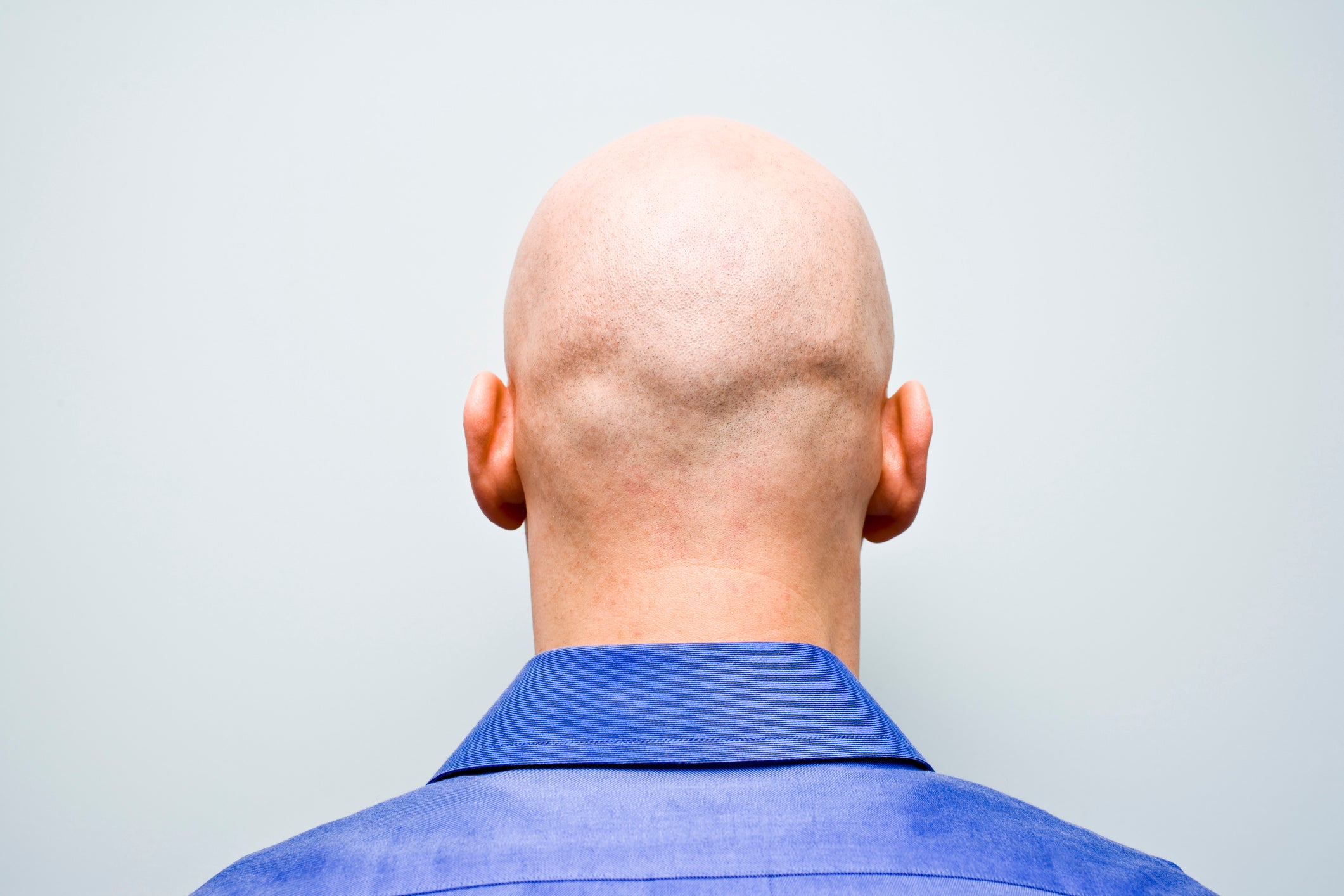From why people blush to why men go bald
We explore some of the curious questions that science can answer

Why do people blush?
Uncontrollable, severe facial blushing is a physical condition caused by overactivity in the sympathetic nervous system, a system made up of nerves over which we have no control. These uncontrollable nerves may become especially active due to social and emotional stimuli and may be very embarrassing; people may blush while meeting friends in the street or paying in a shop. Suddenly the face turns deep red, turning an ordinary social situation into an embarrassment, making social and even professional life almost impossible. We also blush as a result of our emotions. Strong emotion causes an increase in blood supply to the face, which is why we look red. The colour disappears after a minute or so, as the sympathetic nervous system, and hence the peripheral circulation, returns to normal.
Of the energy consumed by a human, what percentage is lost as heat?
At rest, one produces 4 kilojoules (kJ) of heat per kg of body weight per hour. This is about 7,100 kJ per day for an average man (weighing 75kg), and 6,300 kJ per day for an average woman. Converting these figures to calories gives us 1,700 calories per day for a man, and 1,500 per day for a woman.
The comparison with the proportion of energy consumed depends on what a person eats, but average calorie intakes are 2,500 for a man and 2,000 for a woman. On that basis, about 70 per cent of the energy consumed is lost in the form of heat.
Why do men go bald?
It’s because of a sex hormone, testosterone, which occurs naturally in all our bodies. All men produce about the same amount of testosterone – about 10 times as much as women – but some are more vulnerable to its effects than others. Testosterone causes baldness in the hair follicles that are sensitive to one of the hormone’s breakdown products, DHT.
Every follicle tends to produce hair in phases – a growing phase followed by a shorter resting phase, after which the hair is shed, then a new one grows. DHT makes the follicles “rest” sooner and eventually shut down to become dormant. Treatments do exist – but you have to use them every day or the regrown hair just falls out again.
Do bald people get dandruff?
Dandruff is caused by bacteria, yeast and fungi on the scalp, and these can live without hair. However, dandruff is more common in people with hair, as hair helps trap heat and water, providing ideal living conditions for such bugs.
How long does it take to digest food?
Unless you are ill, it takes hours or even days to digest food. The complete passage from mouth to anus is called the “intestinal transit time” and varies from about 24 hours to anything up to three weeks, depending mainly on the fibre content. This is measured nowadays using X-ray opaque shapes in the food, or dyes. The 24-hour figure is from rural Africans and the three weeks is US college students.
Early work on this topic was reported in one of the first editions of The Lancet. In the study, strings were tied to bits of food, swallowed, and then pulled back up to see how they were getting on. It is important to realise that the stomach acts as a hopper to try to ensure a steady stream of food passes through the gut.
Sloppy, bland foods like porridge will pass quickly into the gut while foods with stimulating ingredients, such as Bovril or meat, stay longer, as do fatty foods.
The job of the stomach, and the rest of the alimentary canal, is to mix everything up as much as possible: nothing passes through separately, and it will be absorbed over a period of time.
Our digestion process is very efficient – the Victorian concept of indigestible food is outdated.
Join our commenting forum
Join thought-provoking conversations, follow other Independent readers and see their replies
Comments